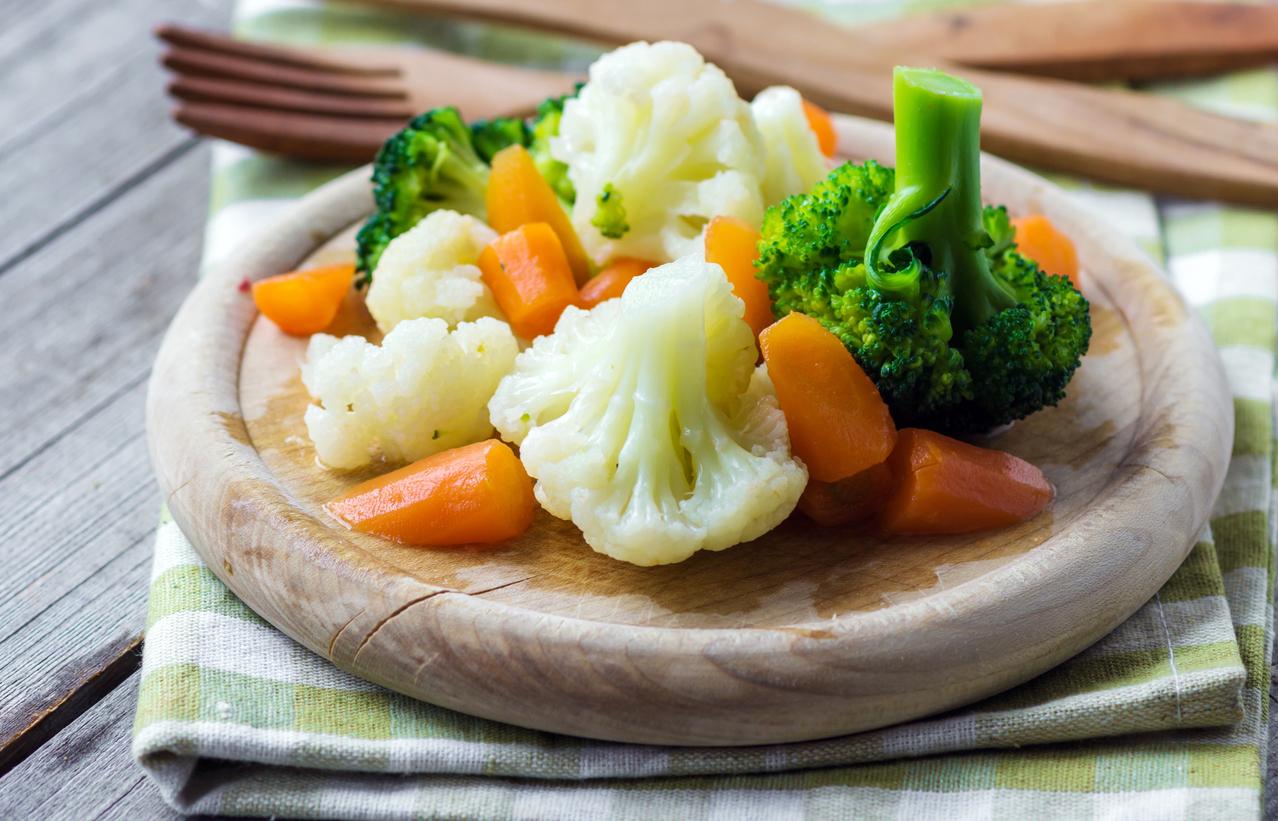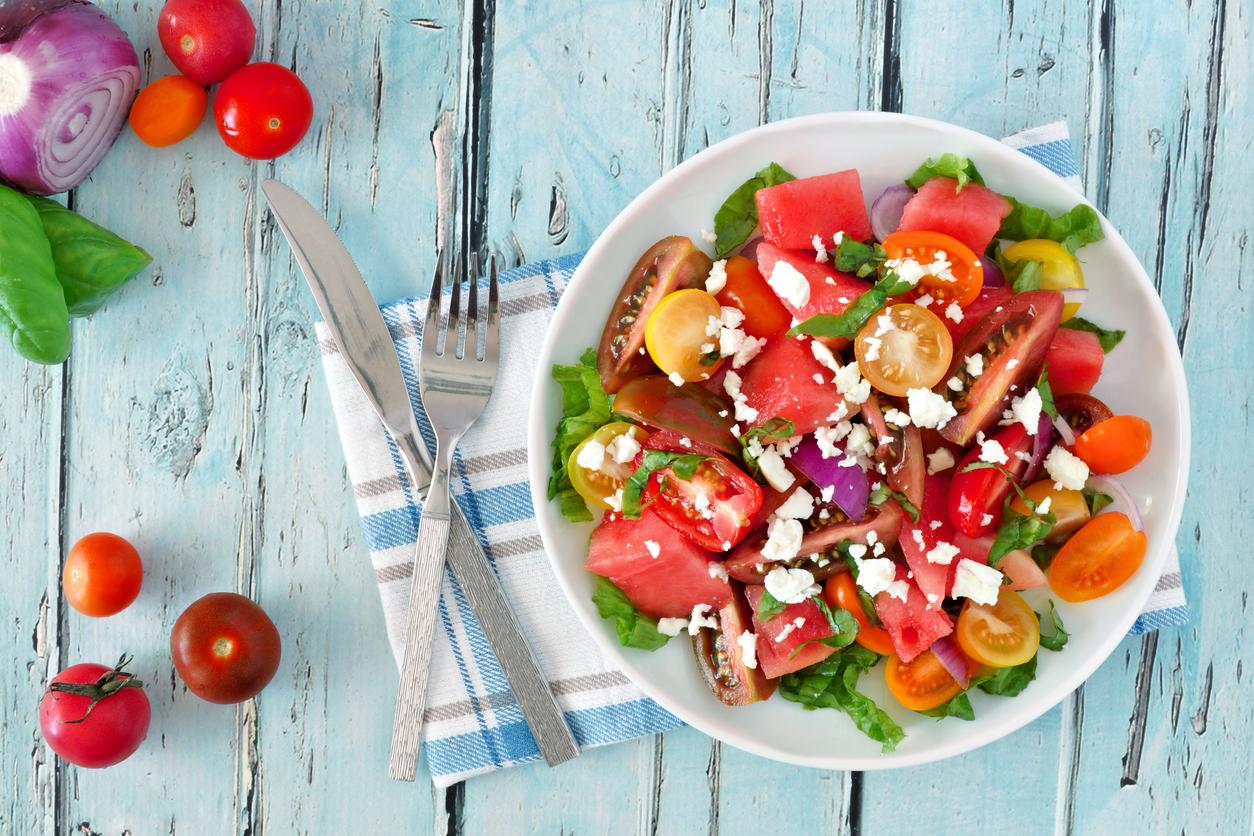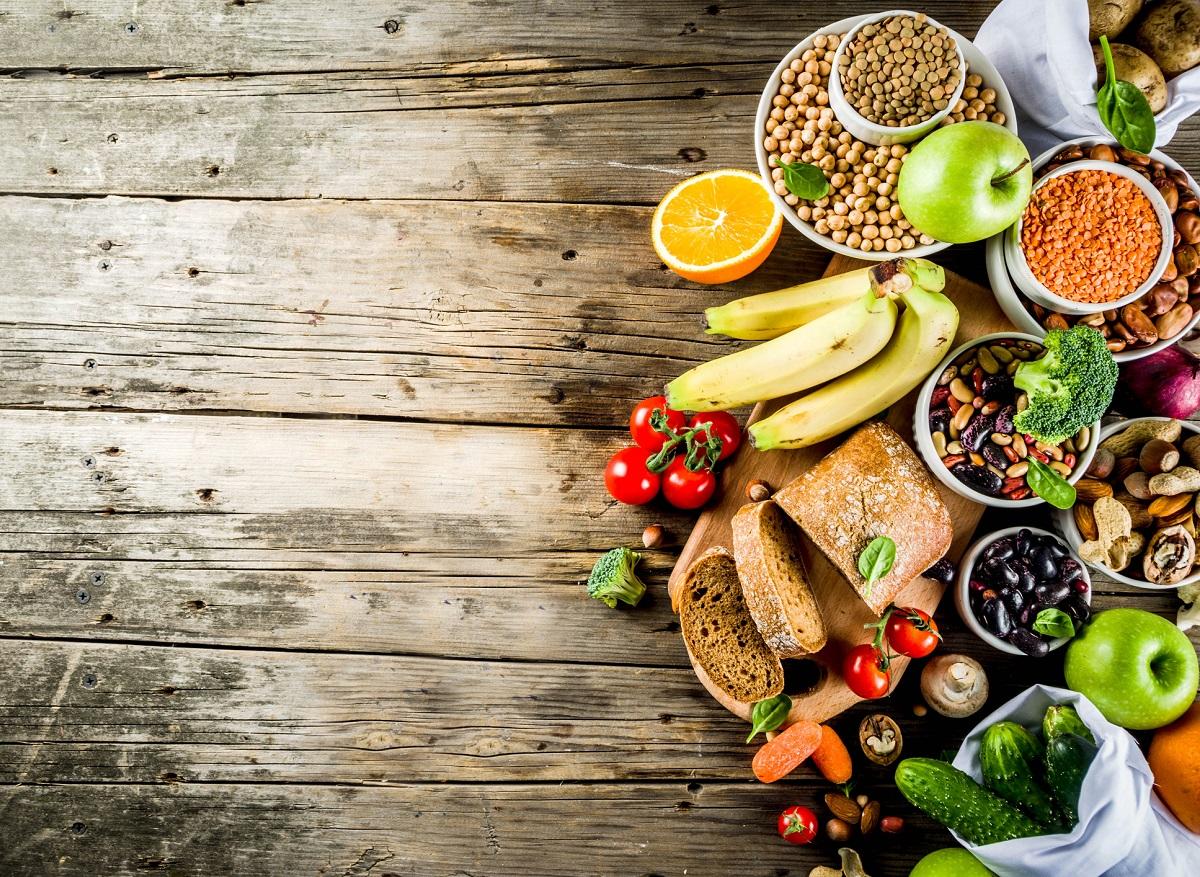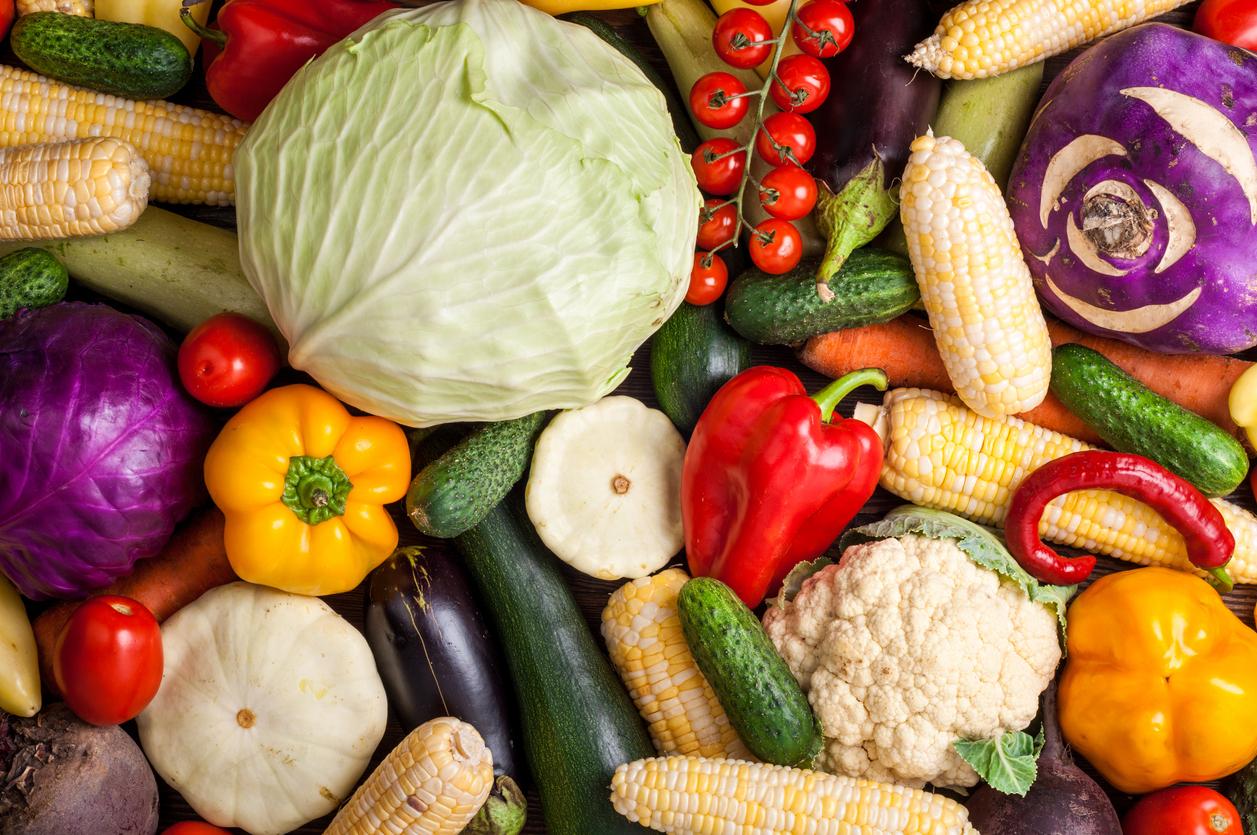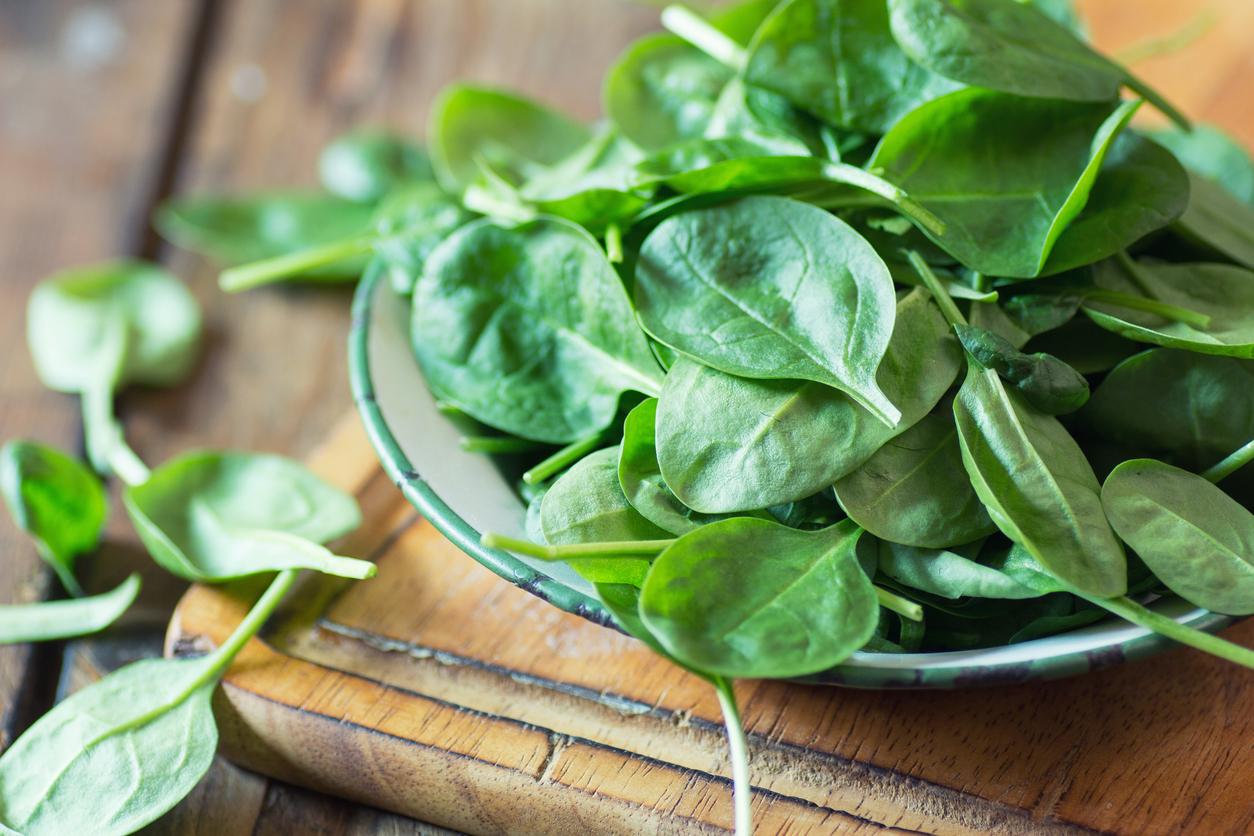Although they contain a lower proportion of protein than meat products and legumes, some fruits and vegetables allow you to partially meet your body’s needs in a healthy way.
What is the role of proteins?
Proteins are part, with lipids and carbohydrates, of the macronutrients, those elements that provide energy to the human body. In particular, they play a role in the structuring and renewal of the skinmuscle tissue, bones, hair, nails or even body hair.
Proteins are also essential components of many processes in the body: they make up hemoglobinwhich carries oxygen in the blood to cells, immunoglobulins (i.e. antibodies) or even certain hormones.
What are the sources of protein?
Proteins are provided in the diet through animal and vegetable products. Meat, milk or even eggs are an important source. The latter are also more easily assimilated by the human body than vegetable proteins.
Legumes, cereals and oilseeds are the main plant sources of this macronutrient. It is, moreover, essential to associate them with each other to benefit from all their benefits.
Vegetables and fruits also have, to a lesser extent, some protein content. This indication is particularly important for people who consume no (or little) animal products.
ANSES recommends, in this regard, to consume 0.83 g of protein per kg per day when you are a healthy adult.
To learn more, and deliberately setting aside starchy foods and legumes, here is a selection of 9 Protein-Rich Fruits and Vegetables.
Sources:
- Aprifel
- The proteinsHandles
Read also:
- Seasonal fruits and vegetables: which ones to eat in May-June?
- Pesticides: which fruits and vegetables are the most contaminated?
- Seasonal fruits and vegetables that should not be put in the fridge




















